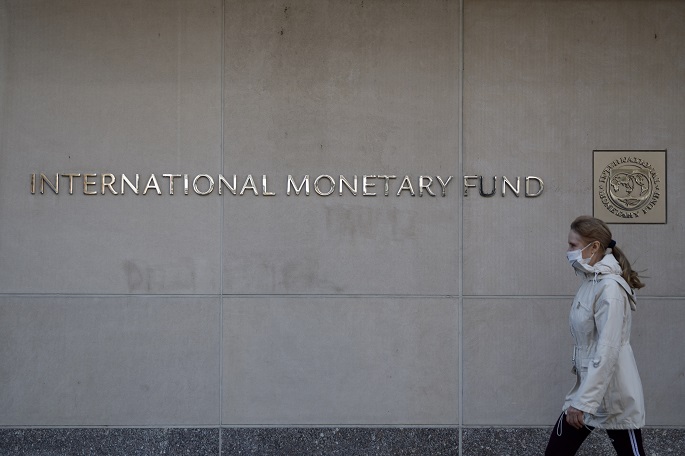IMF forecasts about 0% growth, slow recovery of Finnish economy
Published : 18 Nov 2022, 02:03
Updated : 18 Nov 2022, 02:21
The International Monetary Fund (IMF) on Thursday published its statement on the Finnish economy forecasting about zero growth in next year, followed by a slow recovery and a return to a potential growth of slightly above 1 percent.
The IMF delegation currently visiting Finland submitted the concluding statement on the Finnish economy and the stability of the financial sector to the authorities, said the Bank of Finland in a press release.
The Economic Outlook, however, said that growth has been robust so far even as Russia’s war in Ukraine is weighing on activity, according to the IMF statement published from its headquarters in Washington DC.
The mission projected GDP growth in 2022 at around 2 percent. The economy has continued recovering from the Covid-19 pandemic in the first half this year, buoyed by household consumption.
Unemployment has declined, and employment rate has reached the highest level in over a decade. The corporate sector has proven resilient to the immediate impact of the war, including reduced trade flows with Russia (partly re-oriented to other markets) and the ceasing of energy imports since May (cushioned by a low incidence of gas in the energy mix and access to alternative sources).
But growth is still projected to stall in the near term, according to the forecast.
The mission expected a return to a potential growth of slightly above 1 percent. Higher energy prices (feeding through to inflation) and higher interest rates have already dented households’ purchasing power and confidence, but the full impact on consumption and the housing market is expected to be felt only in the first half of next year as mortgage rates are more fully reset, fixed-price energy contracts increasingly expired, and savings buffers slowly exhausted.
The global slowdown and the tightening of financial conditions are expected to affect Finland through reduced trade and investments, but also with a lag given full order books in key industries. Risks to growth are tilted to the downside.
Inflation will remain elevated. Inflation will reach 7 percent this year and around 4.25 percent next year. While price increases have largely been driven by energy prices, the mission estimates the output gap this year to be slightly positive, contributing to inflation.
The labor market has remained tight. While overall wage growth has remained moderate, the recent wage agreements in the public sector—breaking the tradition of following the export sector— point to growing pressures and risk undermining external competitiveness.
Meanwhile, Minister of Finance Annika Saarikko found the meeting with IMF economists very useful, said a government press release on Thursday.
Important perspectives were exchanged on the challenges facing the Finnish economy in a situation where the outlook is in many ways uncertain.
“As the IMF notes, Russia’s invasion of Ukraine and the knock-on effects of the invasion have weakened the economic outlook and put more pressure on government finances. We agree with the IMF that we must continue structural reforms and secure long-term growth,” said Saarikko.
The IMF’s Executive Board will discuss the country report on Finland and a separate report on the Finnish financial market early next year.


